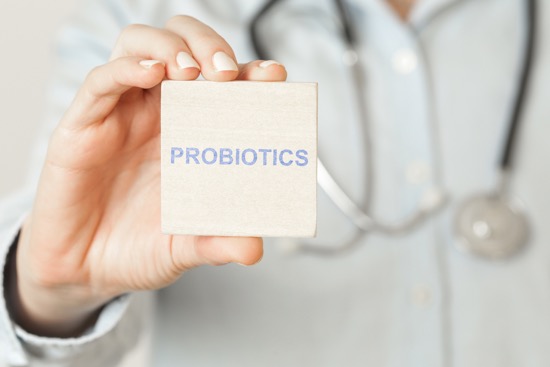With COVID-19 lurking around, we are all conscious of how to improve our immunity. Learn more about probiotics for immunity here.
Gut Microbes

Your gastrointestinal tract, which traverses the length between your oral cavity and anus, has a unique ecosystem, which is home to trillions of active microbes. The microbe community has bacteria, viruses, and fungi, among other types of flora. The microbes have beneficial bacteria and harmful bacteria. And as long as the good bacteria outnumber the harmful ones, a healthy gut environment exists. The diversity among the microbes depends on genetics, geography, ethnicity, and diet and is still unique to every individual.
Importance of Gut Microbes
The intestinal microbiome has a mutually beneficial relationship with the host (you). These microbes are essential for your health as they perform a number of important functions like food digestion among others. The gut microbes aid:
- Vitamin production
- Absorption of calcium, magnesium, and iron ions
- Protect against pathogens
- Promote tissue development
- Boost your immune system.
As the food you eat passes through your GI tract, it gets digested by the different enzymes in various locations, namely your mouth, stomach, and your intestines. We cannot digest some of the food components in the stomach, and hence, they pass into the intestines, where the microbes ferment it.
Diseases disrupt the smooth functioning of the microbiome and change the composition and number of microbes. Some treatments for diseases and antibiotic drugs also have an impact on these microbes. When the balance in the microbiome is disturbed, it can lead to a host of diseases, including Parkinson’s, autism, obesity, diabetes, and autoimmune diseases.
Gut Microbes and Immunity
Studies show that your immune system has a relationship with your gut microbes. 70% of your immune system lies in your intestines. The gut microbes are responsible for modulating immune responses and also affect behavior and mood. Your gut bacteria influence the ability of your body to deal with infection and disease. Good gut bacteria ensure an excellent immune system and an inflammation-free body.
Probiotics for Immunity

With its stresses and strains, modern life makes it difficult for you to maintain your physical and mental health. Most often, sleep, diet, rest, and relaxation are all neglected, leading to digestive issues and a weakened immune system. Probiotics are live bacteria and yeast that can be taken as supplements to keep your gut healthy. They also restore the balance in the gut microbiota.
Probiotics contain strains of beneficial bacteria that add to the good bacteria numbers in the gut. They also replace good bacteria lost due to illness or antibiotics use.
Lactobacillus and Bifidobacterium are some of the most common probiotics. They are found in yogurt, dairy products, and fermented foods like sauerkraut, pickles, and cheese. They are available as supplements in the form of powder, drinks, and tablets as well. Probiotics not only treat conditions like IBD, IBS, diarrhea, eczema, allergies, and cold but also boost your immunity significantly.
Probiotics secrete protective substances which may trigger the immune system to fight pathogens; they regulate the functions of systemic and mucosal immune cells and the intestinal epithelial cells. They enhance the intestinal epithelial cell barrier preventing the entry of pathogens and inhibit the growth of harmful bacteria. Probiotics also protect and prevent diseases in other parts of your body by regulating mucosal immune responses. They increase the production of specific antibodies, thereby stimulating the systemic immune response.
Yogurt is one of the best natural probiotics. Make it a part of your daily diet. If you choose to buy commercially available probiotics, then buy probiotic products with at least 1 billion colonies forming units containing Lactobacillus, Bifidobacterium, or Saccharomyces boulardii, which are the most researched probiotics.
Precautions
- Consult your doctor before taking probiotics, especially if you have immune system problems or other health conditions.
- Be aware that different strains of bacteria in different probiotics have different effects on the gut microbiome.
- Follow the dosage prescribed. You can take probiotics daily to maintain gut health.
- Heat kills probiotics, so store them in cool, dry places or keep them in the refrigerator.
